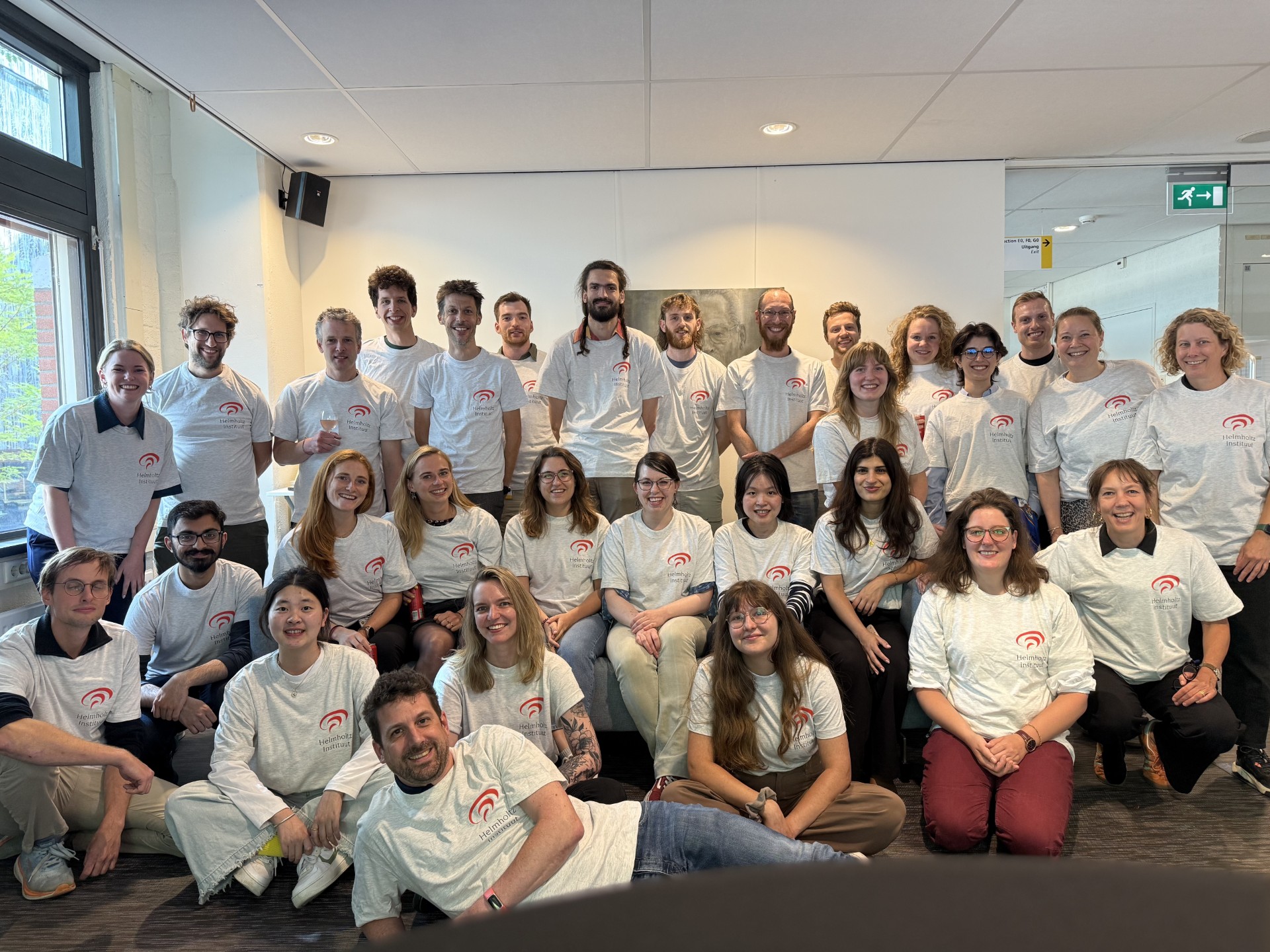Agenda
Helmholtz lecture Tim Brady, November 12: Why intuitive theories of memory lead us wrong: memory representations are continuous strength, population-based and hierarchical
Helmholtz lecture Tim Brady (Dep. of Psychology, UC San Diego):
Why intuitive theories of memory lead us wrong: memory representations are continuous strength, population-based and hierarchical.
Abstract:
In the real world, objects are discrete physical entities – your coffee mug either is or is not in your hand. As a result, both in everyday life and in memory research, there is a tendency to use a physical metaphor to understand memory: people tend to think of an object they are trying to remember as either /in/ mind or /not in/ their mind, and to say that we /hold/ items in mind, as we hold real objects in our hand. This metaphor serves as a core mental model used in most conceptions of memory: all-or-none, discrete, and functioning at the level of entire objects or other discrete representations or chunks.
In this talk, I’ll argue for a different way of thinking about memory that strongly contrasts with this common and intuitive view. I’ll show that individuated items are far from the only kind of representation people form, and that it is necessary to consider interactions among an entire hierarchy of representations (from semantic knowledge to ensemble information, chunks and items) to understand memory even for a single item. Next, I’ll show that memory representations, even for single items, are population-based and continuous in strength. Altogether, I’ll argue that physical analogies about discrete items lead us wrong in thinking about memory and we should instead consider the role of structured, noisy memories.


